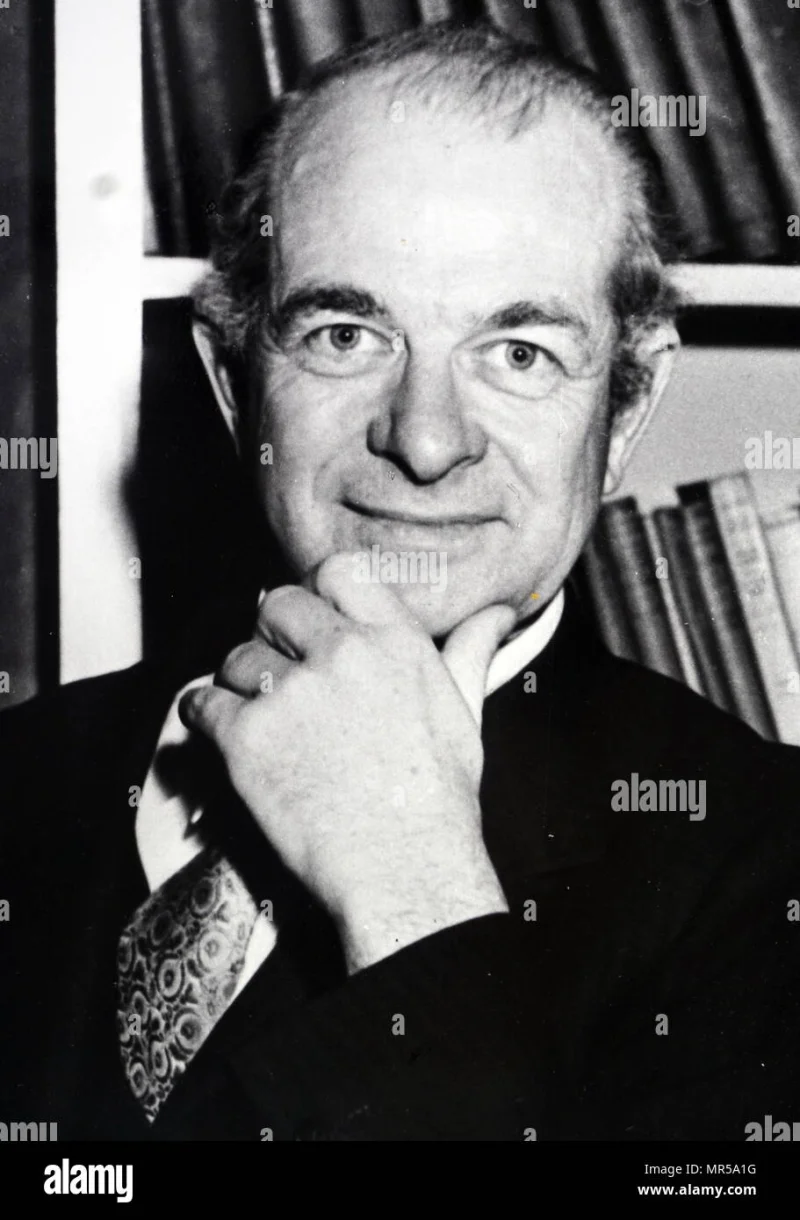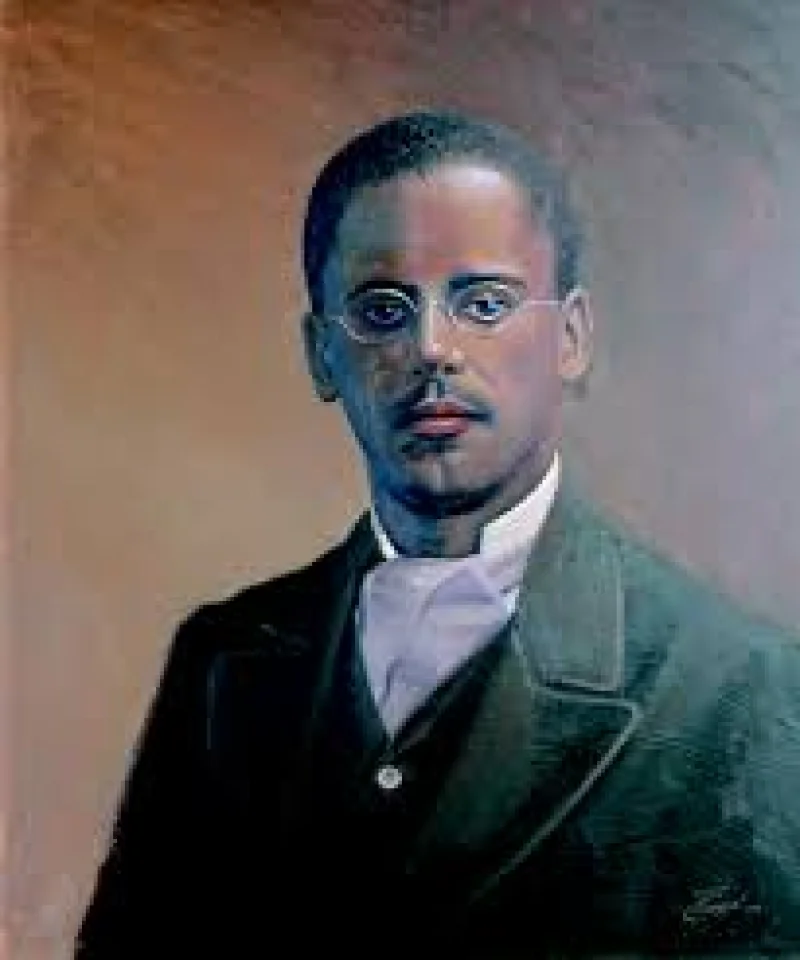Short Summary
Aldo Leopold was a pioneering American ecologist, forester, and environmentalist, best known for his influential book, "A Sand County Almanac." His work laid the groundwork for the modern environmental movement and introduced the concept of a "land ethic," which emphasizes the ecological interconnectedness of all living things. His ideas have had a profound impact on environmental policy and conservation efforts worldwide. Leopold is celebrated for his ability to combine ecological science with a deep appreciation for the natural world.
Early Life & Education
Aldo Leopold was born on January 11, 1887, in Burlington, Iowa, into a family that valued nature and the outdoors. His father, Carl Leopold, was a businessman, and his mother, Clara Starker, nurtured his love for the natural world. Leopold attended the Lawrenceville School in New Jersey and later graduated from Yale University’s School of Forestry in 1909, one of the first American schools of its kind. His early experiences exploring the wilderness and his formal education in forestry deeply influenced his ecological philosophies and set the stage for his future contributions to conservation.
Career Highlights
Leopold's career began with the U.S. Forest Service, where he worked in various roles across the American Southwest. His experience in forestry and wildlife management provided him with firsthand knowledge of land use and its effects on ecosystems. In 1933, he became the first professor of wildlife management at the University of Wisconsin-Madison, where he developed innovative conservation techniques and philosophies. His landmark work, "A Sand County Almanac," published posthumously in 1949, has become a classic in environmental literature, inspiring generations of conservationists with its eloquent articulation of the land ethic.
Major Achievements
- Developed the concept of "land ethic," emphasizing ecological responsibility and interconnectedness.
- Authored "A Sand County Almanac," a cornerstone of environmental literature.
- Established the first academic program in wildlife management at the University of Wisconsin-Madison.
- Played a key role in the development of wilderness conservation policies in the United States.
Famous Quotes
- "Harmony with land is like harmony with a friend; you cannot cherish his right hand and chop off his left."
- "A thing is right when it tends to preserve the integrity, stability, and beauty of the biotic community. It is wrong when it tends otherwise."
Interesting Facts
- Leopold's "A Sand County Almanac" was published a year after his death in 1948.
- He was instrumental in the creation of the Gila Wilderness Area, the first designated wilderness area in the United States.
- Leopold's writings have been translated into multiple languages, extending his influence globally.
- He was a charter member of the Ecological Society of America.
- Leopold was awarded the Audubon Medal in 1948 for his conservation work.
Legacy / Influence
Aldo Leopold's contributions to ecology and environmental ethics continue to influence contemporary conservation practices and policies. His concept of the land ethic remains central to discussions on sustainability and environmental stewardship. His writings encourage a holistic view of nature, urging people to recognize their role within the broader ecosystem. Leopold's work has inspired countless environmentalists, educators, and policymakers, helping to shape the modern conservation movement.
FAQ
Q: Why is Aldo Leopold famous?
A: He is famous for his pioneering work in ecology and conservation, particularly for his book "A Sand County Almanac" and the concept of the "land ethic."
Q: What is "A Sand County Almanac"?
A: It is a collection of essays by Aldo Leopold, highlighting his observations of nature and outlining his philosophy on land ethics and conservation.
Q: What was Leopold's role in wildlife management?
A: He was the first professor of wildlife management in the United States and developed many foundational principles of conservation science.












